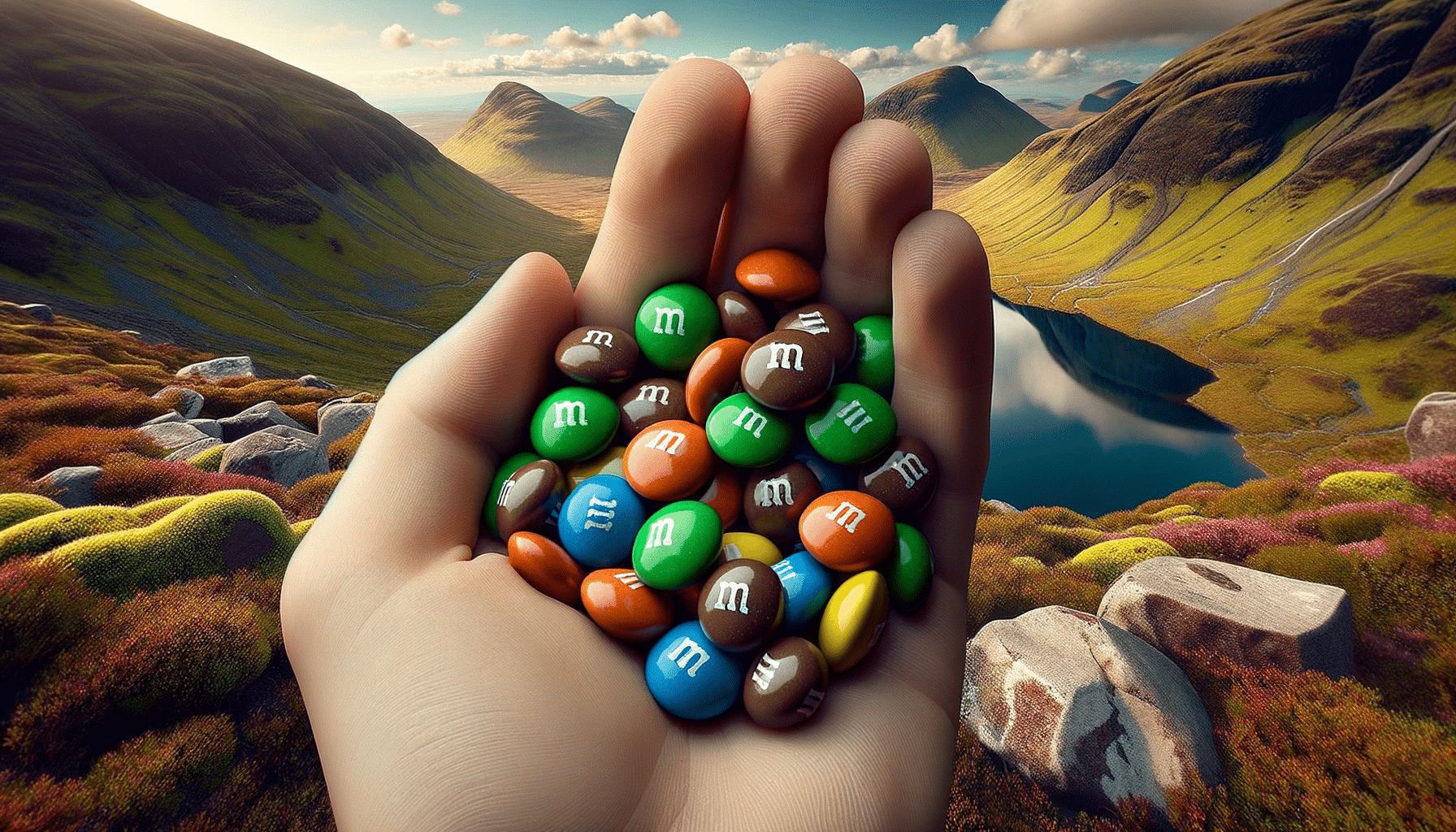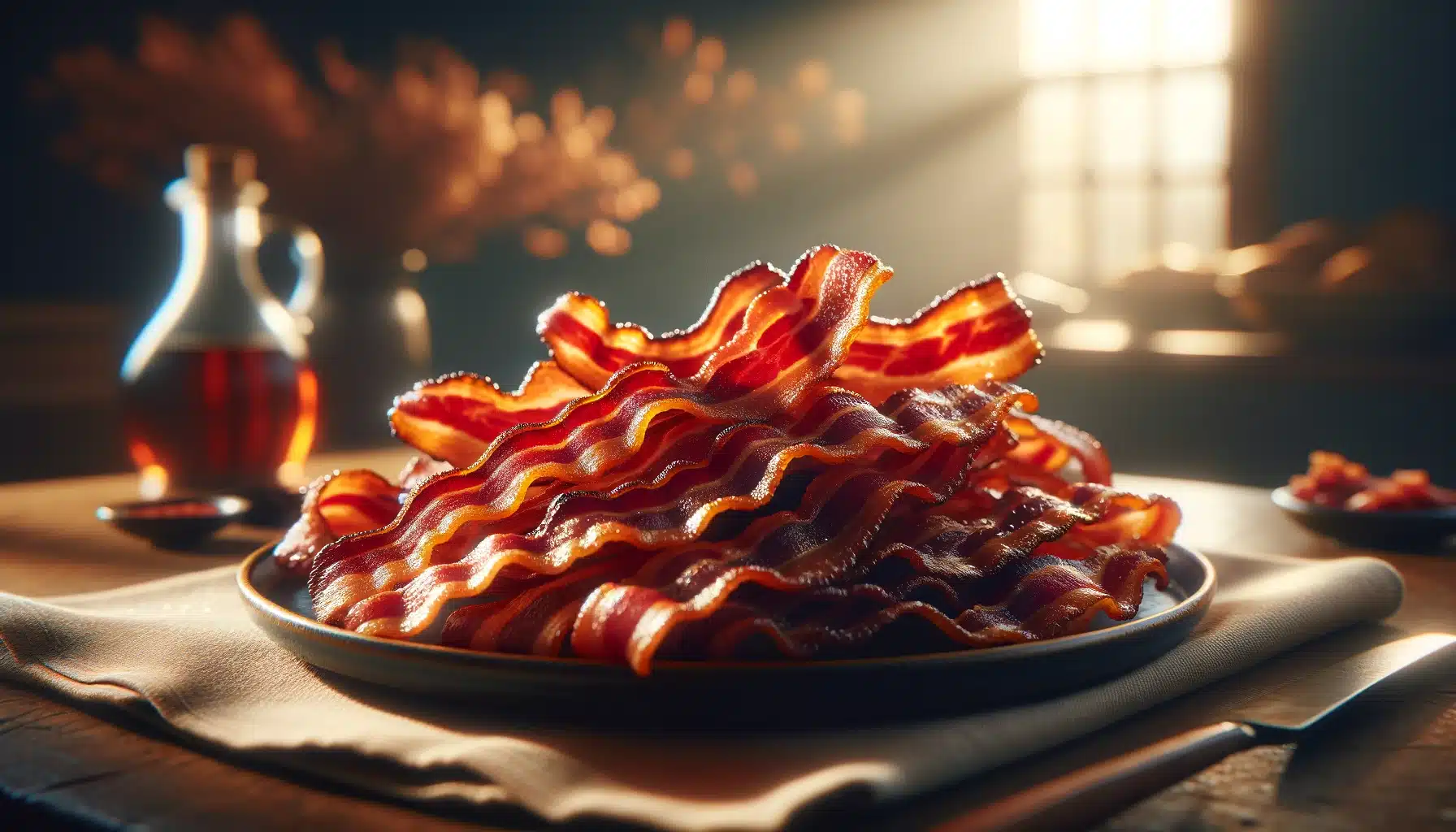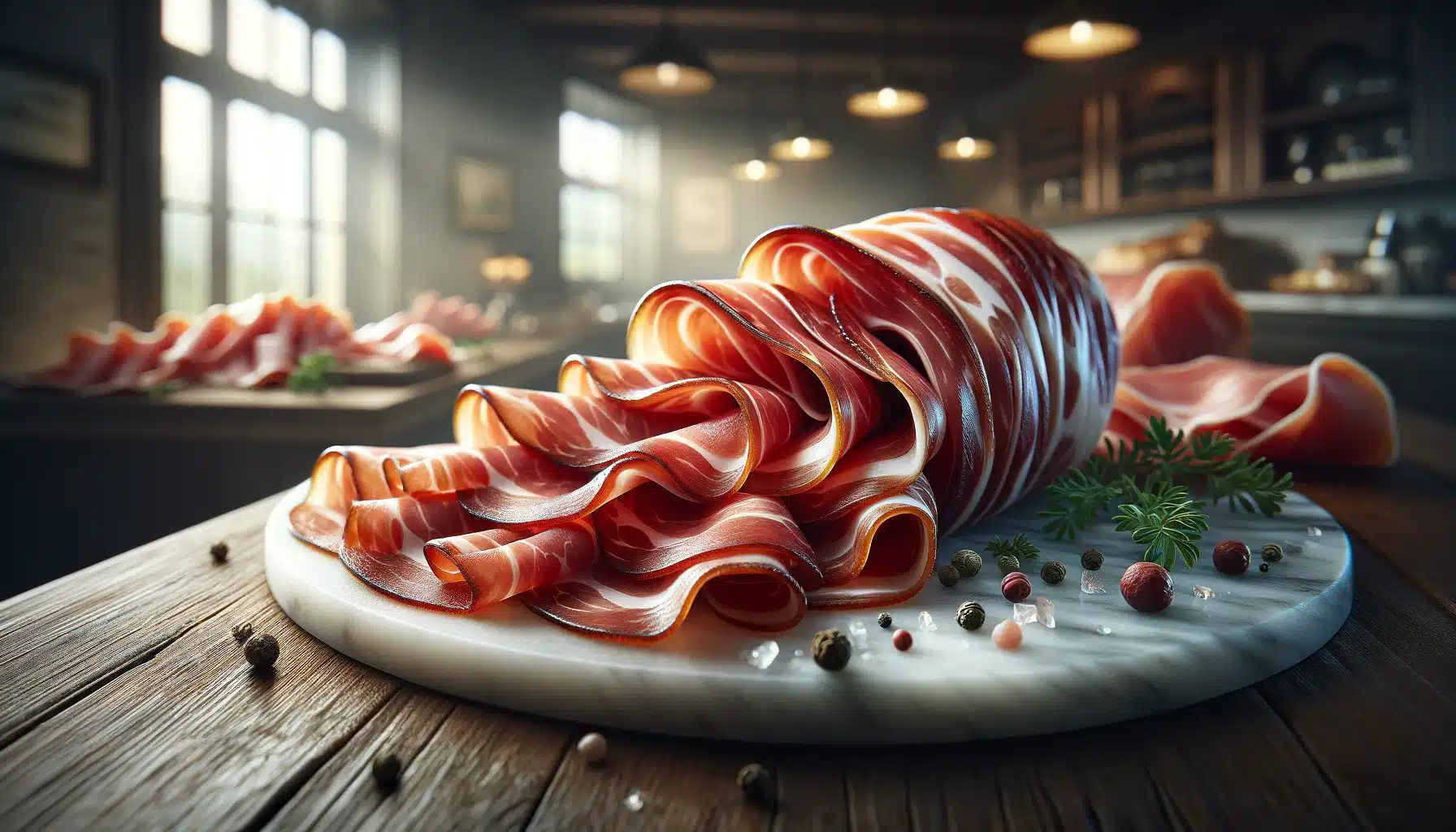In this article
Why People Crave Peanut Butter
Peanut butter’s allure lies in its rich combination of fats, proteins, and a touch of sweetness. The high fat content, primarily monounsaturated and polyunsaturated fats, triggers the release of dopamine, the neurotransmitter associated with pleasure and reward, which can lead to cravings. The smooth, creamy texture also stimulates the tactile receptors in our mouths, enhancing the sensory experience.Proteins in peanut butter contribute to its satiating effect, sending signals to the brain that reduce the perception of hunger. However, the presence of sugar, even in small amounts, can create a cycle of craving and reward similar to other sweet treats. The sweet and salty taste combination is particularly appealing, activating taste buds and olfactory receptors synergistically, which may intensify cravings.
For those seeking to manage these cravings, finding a peanut butter substitute that mimics the desirable qualities without the less healthy components can be beneficial. Healthy alternatives to peanut butter often utilize ingredients like nuts and seeds that provide similar textures and flavors while offering more favorable nutritional profiles.
It’s no small feat to resist the complex sensory and chemical enticement of peanut butter. The quest for a peanut butter replacement is not just about finding a similar taste, but also about understanding and addressing the underlying sensory and biochemical triggers of cravings.
10 Healthy Alternatives to Peanut Butter
Almond butterAlmond butter has a similar creamy texture and nutty flavor but is higher in monounsaturated fats, which are beneficial for heart health, and typically has more fiber and vitamins like Vitamin E.
Sunflower seed butter
This seed-based spread offers a comparable taste and can be a great option for those with nut allergies. It’s rich in Vitamin E and magnesium, and often has less saturated fat than peanut butter.
Tahini (sesame seed paste)
While slightly more savory, tahini can be used in similar ways to peanut butter and provides a wealth of nutrients including calcium and healthy fats, without the added sugars often found in peanut butter.
Cashew butter
With a creamy texture and sweet flavor, cashew butter is a good source of iron, magnesium, and zinc, and generally contains less sugar than peanut butter.
Pumpkin seed butter
This alternative has a rich, nutty flavor and is packed with protein, zinc, and magnesium, making it a nutrient-dense option that’s lower in calories.
Pureed black beans
When seasoned appropriately, pureed black beans can mimic the texture of peanut butter and are high in protein and fiber, which can aid in digestion and provide a longer feeling of fullness.
Avocado spread
Avocado can be mashed to a spreadable consistency and offers a creamy texture with healthy fats, fiber, and potassium, making it a heart-healthy alternative to peanut butter.
Greek yogurt with almond meal
Mixing Greek yogurt with almond meal creates a creamy and nutty spread that’s high in protein and calcium, and lower in calories and fats compared to peanut butter.
Hummus
While traditionally savory, hummus can be made in sweet variations and provides a similar texture with added benefits of fiber, protein, and healthy fats from olive oil and chickpeas.
Chia seed jam
For those who pair peanut butter with sweet spreads, chia seed jam can be a healthier alternative, offering omega-3 fatty acids, fiber, and a customizable level of natural sweetness from fresh fruits.
Want some new ideas to curb your food cravings?
Give our free tool a spin
Generate Ideas
Is Peanut Butter Unhealthy?
Many people grapple with the question of whether peanut butter is a friend or foe to their health. The confusion stems from peanut butter’s high-fat content, which is often mistaken for being inherently bad. However, it’s important to distinguish between different types of fats; peanut butter contains heart-healthy monounsaturated and polyunsaturated fats.Yet, the store-bought varieties may also be laden with added sugars and oils, tipping the scales away from its nutritional benefits. It’s a nuanced food, where the type and quantity consumed are key factors in determining its health impact.
Can Peanut Butter Cause Weight Gain?
The fear of weight gain looms large in the minds of those who love peanut butter. It’s a calorie-dense food, and it’s easy to overindulge in its creamy goodness, potentially leading to an excess in daily calorie intake.However, when eaten in moderation as part of a balanced diet, peanut butter can be a satiating snack that helps curb cravings. The protein and fiber in peanut butter can also aid in feeling full, which may help with weight management. The key is portion control and choosing natural, unsweetened varieties.
What’s a Good Peanut Butter Substitute?
In the quest for healthier eating habits, many seek a peanut butter alternative that aligns with their dietary goals. The market is brimming with options, but not all alternatives are created equal.Some may offer lower fat or calorie content, while others might be free from additives. It’s essential to read labels and understand the nutritional profiles of these substitutes. A good peanut butter replacement should not only mimic the taste and texture but also support one’s health objectives, whether it’s lower calories, fewer sugars, or allergy considerations.
Is Peanut Butter Protein-Packed?
Peanut butter is often touted as a good source of protein, which can be misleading. While it does contain protein, it’s not as high as some might believe, and it’s accompanied by a significant amount of fat and calories.For those looking for a healthy alternative to peanut butter to meet their protein needs, other sources such as lean meats, legumes, or protein powders might be more effective. Peanut butter can be part of a protein-rich diet, but it shouldn’t be relied upon as the primary source.
Does Peanut Butter Affect Cholesterol?
The relationship between peanut butter and cholesterol levels is a topic of interest for many health-conscious individuals. Peanut butter contains heart-healthy fats that can actually help improve the cholesterol profile by reducing LDL (bad) cholesterol levels.However, misconceptions arise when people choose processed peanut butter varieties high in saturated fats and trans fats, which can negatively impact cholesterol levels. Opting for natural peanut butter with no added fats or sugars can be a heart-healthy alternative for peanut butter lovers.
Join Guided Nutrition Challenges, or Start Your Own
High Protein, Eat Veggies, Time Restricted Eating, and more…
Explore Challenges
Homemade Healthy Peanut Butter Delight
Description
This healthy recipe for peanut butter is a simple and delicious alternative to store-bought versions. It’s rich, creamy, and packed with the natural goodness of peanuts, without any added sugars or oils. The result is a heart-healthy spread that’s perfect for sandwiches, smoothies, or a nutritious snack.
Prep Time
10 minutes
Cook Time: 0 minutes
Total Time: 10 minutes
Cook Time: 0 minutes
Total Time: 10 minutes
Equipment
- Food processor or high-powered blender
- Spatula
- Airtight container for storage
Ingredients
- 2 cups of unsalted, roasted peanuts
- 1/4 teaspoon of sea salt (optional)
Instructions
- Place the peanuts in the food processor or blender.
- Process the peanuts for about 5 minutes or until creamy, scraping down the sides with a spatula as needed. The peanuts will go from crumbs to a dry ball to a smooth and creamy butter.
- If desired, add the sea salt and process for another 30 seconds to mix it in.
- Transfer the peanut butter to an airtight container. It can be stored at room temperature for up to a week, or in the refrigerator for longer storage.
- Enjoy your homemade healthy peanut butter on toast, in smoothies, or as a dip for fruits and vegetables.














